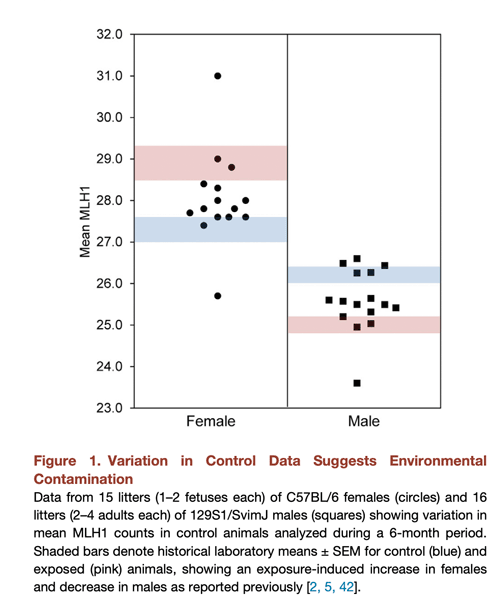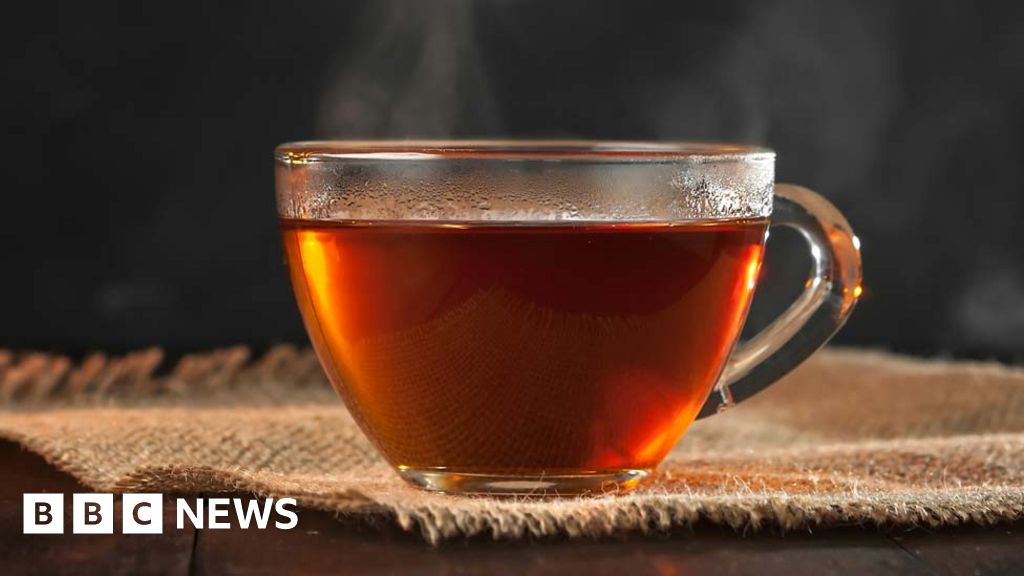- Joined
- Mar 21, 2022
- Messages
- 154
When it comes to plastic, the main hormone disruptors are phthalates and bisphenols. I recently learned that it's the phthalates that make the plastic flexible, and the bisphenols that make it hard. Food is of course the main source of how plastic particles enter our bodies due to their processing, storage and/or cooking. Cosmetics is another source, as phthalates increase absorption into the skin and they increase the retention of scent & colour for makeup & fragrances, etc.
You'll see a lot of articles on the internet about how plastics are bad for you, but it's very hard to get specific facts. What I want to know is questions like these:
I don't necessarily mind eating food that's been in contact with plastic, but what I am particularly conscious of is heated food in contact with plastic. The other day my auntie brought over one of those roast chickens that they sell in plastic bags in deli counters. It made things very awkward for me because I didn't want to be rude! To think of that chicken sitting there under the hot lights in the deli all day, with the phthalates leaching into it; no thanks! I feel the same way about people who microwave things in plastic, or cook things in tinfoil.
Another thing is drinking the tea and coffee in the work canteen. I've a proper kettle at home, but if the water for the tea that comes out of those hot water dispenser things, is kept boiled! Now I'm not sure if these are stainless steal containers, or plastic ones. Often you don't even get to see. You don't get to see the inside of it, and even if it's metal you don't know what they line the surfaces of these things with. I recently happened to take a proper look at our coffee machine at home, and it's a plastic storage area in the back of it that holds the boiling water! There's also billions of micro/nanoplastics shed from tea bags when they're steeped.
The other issue is because this isn't something that people have been socially conditioned into thinking is unhealthy, it means that people will look at you like you've two heads if you were to talk about it. Now I understand why people might think you're daft if you believed that microwaved food is dangerous, or something like that; but this is different. Some of my colleagues at work even noticed that I haven't been drinking tea or coffee lately. I just sort of fudged this when it was brought up, because I wouldn't be telling them the reason for it.
When it comes to phthalates and bisphenols being considered a risk, there's this idea that the dose makes the poison. So scientists might do a test at very high doses, and then keep dropping the dose until they don't see any effect in the animal being used, & then they'll assume that anything lower than that level is safe! But if we're continually subjected to lose doses of a whole variety of harmful chemicals every day, then what does that mean? Even though we're almost certain this is the reason male sperm counts fallen 50-60 % over the last 50 years, it's seldom spoken about. What's also happening nowadays with new-born males, is that the anogenital distance is shortening. And this all correlates with the rodent studies using phthalates in food.
What are your thoughts on this? Of course, the less processed foods you eat, the lower your exposure will be. As it happens, eating less processed food is the right way to go anyway, regardless of plastic. I've worked in a cheese factory and a deli counter myself, and it has opened my mind a bit more to all this.
Thanks for reading
You'll see a lot of articles on the internet about how plastics are bad for you, but it's very hard to get specific facts. What I want to know is questions like these:
- What exact type of plastics go into making your typical plastic kettle? Is it just one type of bisphenol that is used, or is it a mixture of bisphenols? And why is BPA the most common one I hear of?
- Is it possible to measure phthalates and bisphenols in water?
- Once boiled, what level of these compounds is found in the water, when compared to the level of these compounds that would be found in the water if boiling had not take place?
- How much more of these plastic compounds are measured when comparing water that was boiled and immediately taken out Vs water that was left at boil for several hours?
- Can I assume that (in a plastic container) with food like yoghurt, you'd have less of these compounds in it than with a proper liquid, like say coke, seeing as the yoghurt at the edge of the container will pretty much remain trapped in place? Know what I mean?
I don't necessarily mind eating food that's been in contact with plastic, but what I am particularly conscious of is heated food in contact with plastic. The other day my auntie brought over one of those roast chickens that they sell in plastic bags in deli counters. It made things very awkward for me because I didn't want to be rude! To think of that chicken sitting there under the hot lights in the deli all day, with the phthalates leaching into it; no thanks! I feel the same way about people who microwave things in plastic, or cook things in tinfoil.
Another thing is drinking the tea and coffee in the work canteen. I've a proper kettle at home, but if the water for the tea that comes out of those hot water dispenser things, is kept boiled! Now I'm not sure if these are stainless steal containers, or plastic ones. Often you don't even get to see. You don't get to see the inside of it, and even if it's metal you don't know what they line the surfaces of these things with. I recently happened to take a proper look at our coffee machine at home, and it's a plastic storage area in the back of it that holds the boiling water! There's also billions of micro/nanoplastics shed from tea bags when they're steeped.
The other issue is because this isn't something that people have been socially conditioned into thinking is unhealthy, it means that people will look at you like you've two heads if you were to talk about it. Now I understand why people might think you're daft if you believed that microwaved food is dangerous, or something like that; but this is different. Some of my colleagues at work even noticed that I haven't been drinking tea or coffee lately. I just sort of fudged this when it was brought up, because I wouldn't be telling them the reason for it.
When it comes to phthalates and bisphenols being considered a risk, there's this idea that the dose makes the poison. So scientists might do a test at very high doses, and then keep dropping the dose until they don't see any effect in the animal being used, & then they'll assume that anything lower than that level is safe! But if we're continually subjected to lose doses of a whole variety of harmful chemicals every day, then what does that mean? Even though we're almost certain this is the reason male sperm counts fallen 50-60 % over the last 50 years, it's seldom spoken about. What's also happening nowadays with new-born males, is that the anogenital distance is shortening. And this all correlates with the rodent studies using phthalates in food.
What are your thoughts on this? Of course, the less processed foods you eat, the lower your exposure will be. As it happens, eating less processed food is the right way to go anyway, regardless of plastic. I've worked in a cheese factory and a deli counter myself, and it has opened my mind a bit more to all this.
Thanks for reading
Last edited:




